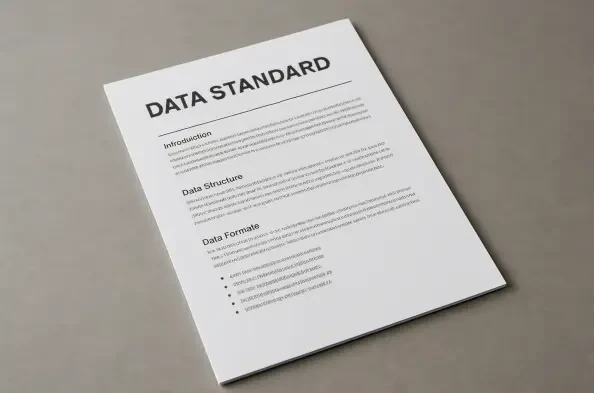Data Governance
The ever-expanding digital perimeter has forced organizations to confront a difficult reality where critical data must be shared with external partners to drive business, yet this very act of sharing creates significant security and compliance risks. In response to this persistent challenge, Kiteworks and Concentric AI have announced a strategic
Enterprise resource planning suites have for decades served as the unshakeable digital bedrock of global business operations, meticulously codifying best practices and optimizing processes to support informed decision-making. Now, the emergence of agentic artificial intelligence is poised to trigger a fundamental reevaluation of this core
A significant surge in physical security incidents across Latin America and the Caribbean, with 43% of organizations reporting an increase in 2025, has become a powerful catalyst for change, forcing a fundamental re-evaluation of security's role within the modern enterprise. This pressure is accelerating a migration away from outdated, siloed
The unshakeable confidence that once defined the enterprise relationship with its technology partners has been replaced by a calculated and urgent mandate for control and self-sufficiency. A decade spent outsourcing digital infrastructure and intelligence to third-party platforms has culminated in a year of reckoning. The prevailing belief that
The rapid integration of artificial intelligence chatbots into the cryptocurrency ecosystem has presented a complex paradox, offering unparalleled convenience and operational efficiency while simultaneously unlocking a new frontier for sophisticated and highly scalable security threats. This dual-natured impact forces a critical examination of the





